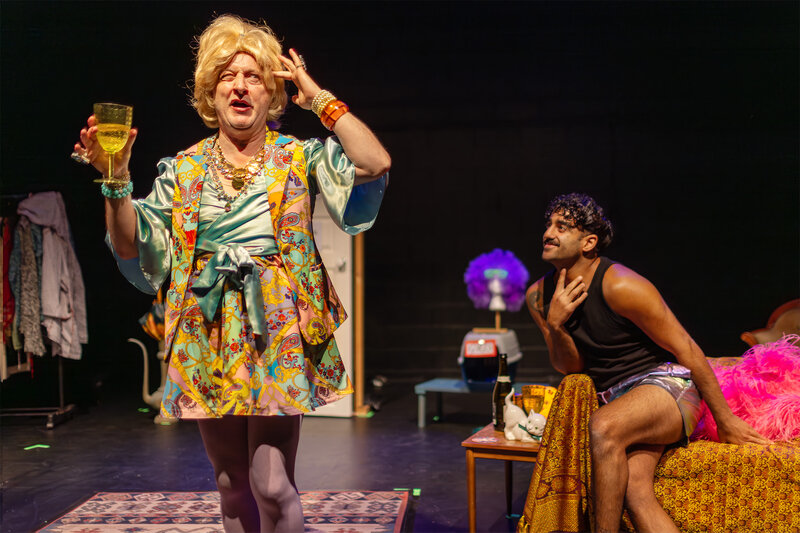In Double Madness, Caroline de Costa’s debut crime novel, an undercurrent of danger runs through a Far North Queensland setting already heavy with humidity and stifling secrets. One for crime fiction lovers who prefer their stories edgy, the novel is a solid debut that takes readers into the sordid underbelly of psycho-sexual depravity, from blackmail to murder, from cheating to fetishes.
 When a woman’s body is found in bizarre circumstances deep in the Far North Queensland rainforest, police realise that they have far more to deal with than the aftermath of Cyclone Yasi. The woman is later identified as Odile Janvier, an enigmatic Frenchwoman who is known for little more than her love of high fashion. However, when police start investigating, they soon learn that Odile is known to more people than it would seem, with a strange and chilling connection to the local medical profession. It’s up to detective Cass Diamond and her colleagues to put all the pieces together.
When a woman’s body is found in bizarre circumstances deep in the Far North Queensland rainforest, police realise that they have far more to deal with than the aftermath of Cyclone Yasi. The woman is later identified as Odile Janvier, an enigmatic Frenchwoman who is known for little more than her love of high fashion. However, when police start investigating, they soon learn that Odile is known to more people than it would seem, with a strange and chilling connection to the local medical profession. It’s up to detective Cass Diamond and her colleagues to put all the pieces together.
De Costa’s title comes from the French Folie à deux, a psychiatric term meaning shared psychosis (or double madness) in its simplest sense. It’s not a condition I was familiar with prior to reading Double Madness and I welcomed the insight. Without spoiling things, the novel explores the condition in a clever manner that unfolds to a dramatic climax.
The story moves at a good pace and is backed by a matter-of-fact writing style that conveys the unvarnished details while still creating an authentic sense of place. Readers are kept guessing about the true extent of the madness within the community until the end. It’s well done. The novel’s key character, Cass, is an indigenous woman de Costa says is inspired by the “many smart, attractive hardworking Aboriginal women of around Cass’s age” she has met professionally and socially. It’s good to see an indigenous character in this role. It’s not the only way de Costa seeks to add diversity and address issues like racial bigotry – another character, a doctor, demonstrates this well through his observations on the changing demographic in Cairns: “Of course, he wasn’t a racist, but he didn’t know what to make of it all” (p93).
Available from good bookstores. My copy was courtesy of Margaret River Press.
Monique Mulligan
For more of Monique Mulligan’s writing on books, check out Write Note Reviews

David Edwards is the former editor of The Blurb and a contributor on film and television




